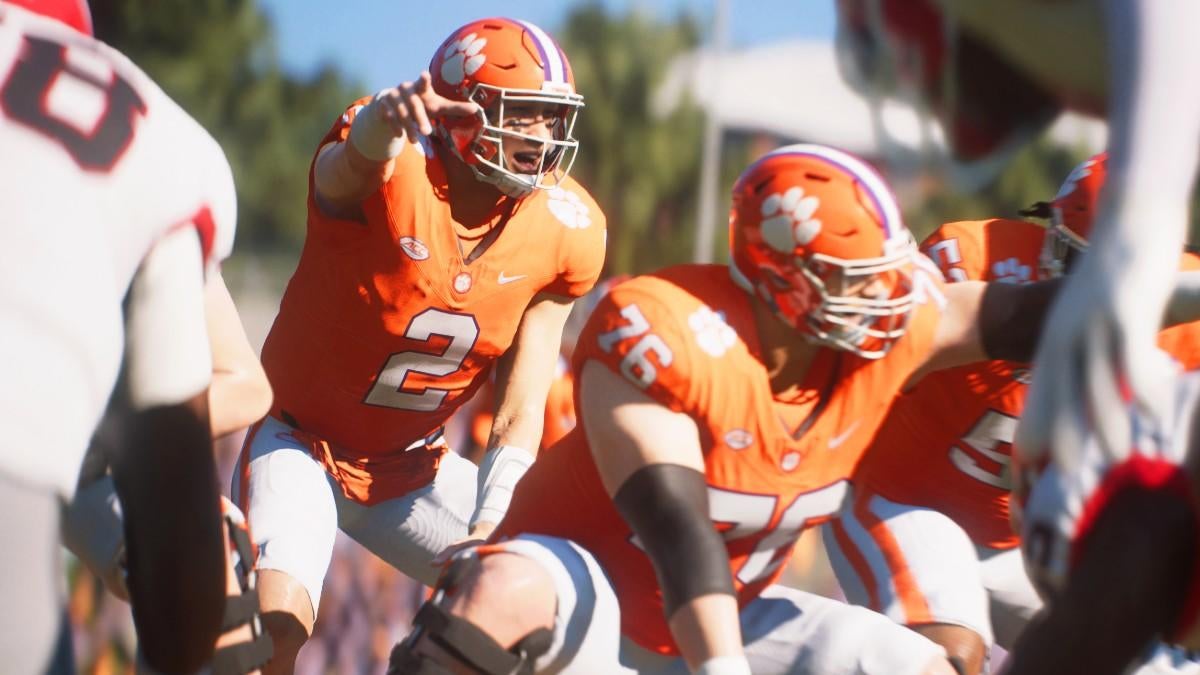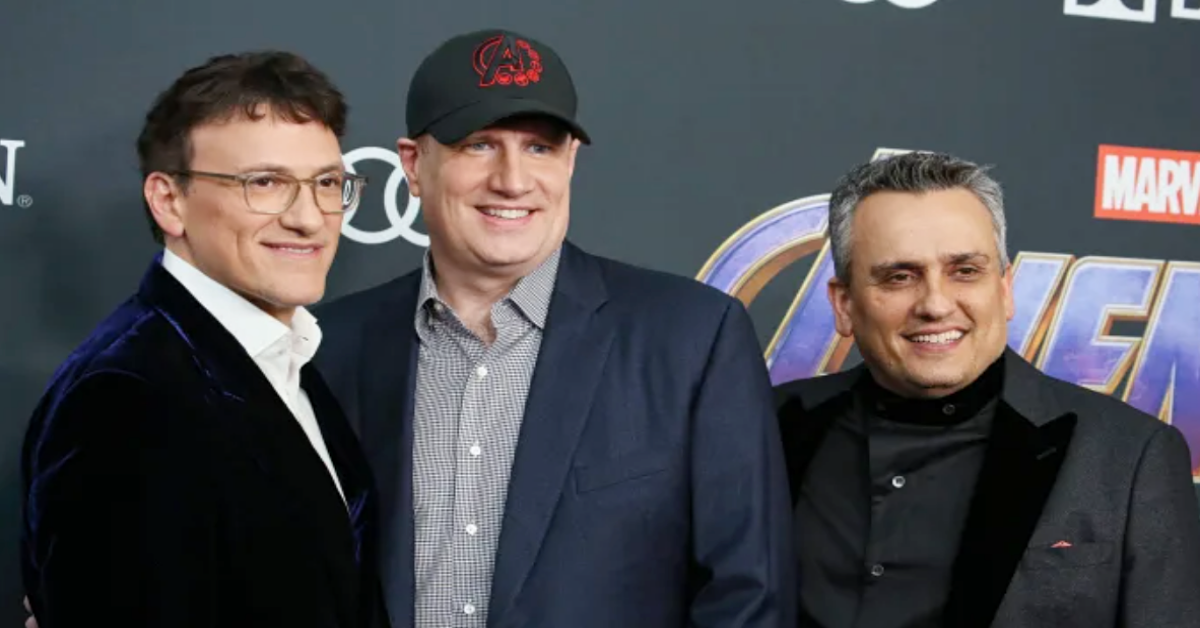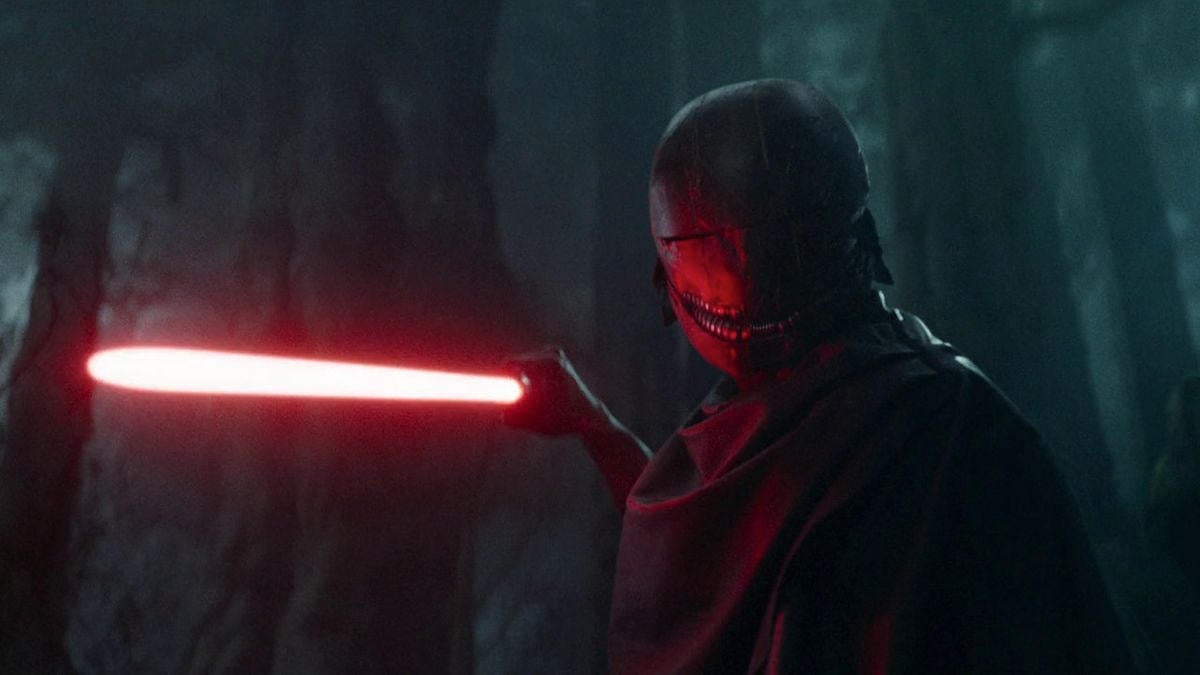Mark Millar Explains How Captain America: Civil War Can Work Without Fox's Marvel Characters
One of the big questions that comes up any time Marvel teases adapting one of their big [...]
One of the big questions that comes up any time Marvel teases adapting one of their big universe-spanning storeis to film is how they'll do so without the characters whose film rights are held by Fox and Sony.
Well, not so much Sony now that the Spider-Man universe is working hand in web-slinging hand with the Marvel Cinematic Universe. But the Fox properties remain outside the lines, and let's face it: most Marvel events have gone out of their way to make roles for Reed Richards and Professor X.
That all puts Mark Millar, writer of Marvel Comics' Civil War crossover event from a decade ago, in an interesting position. His story worked with the whole wide Marvel Universe, and now he's serving as a creative consultant for Marvel's Fox films while Marvel Studios adapts that same story in Captain America: Civil War.
During a new interview with IGN, Millar touched on how he felt Marvel can make his story work without his characters in it.
"The important thing really is the superhero registration act," Millar said. "It's nothing to do with secret identities, weirdly. People get hung up on secret identities but as I was writing that book, I was thinking about superheroes having to expose their identities as they all get brought under government registration. And I said to Marvel, 'Who's got a secret identity?' They said 'No one. There's basically Spider-Man and that's about it,' even Daredevil had given up his secret identity. So I made it about something else, and what it's about is that Iron Man feels that anyone who's walking around with a nuclear reactor on their back, or whatever all these superheroes have, they should be working for the government in some way. And it's sensible when you think about it, it totally makes sense. You have a license, you make sure this guy's okay, he doesn't have a criminal record and all this stuff. And it's sensible that Captain America is against it because he comes from a simpler time and he thinks superheroes should be autonomous and not be involved in politics. So it's an ideological argument between the two. That's all that matters; that's all that Civil War is."
Captain America: Civil War picks up where Avengers: Age of Ultron left off, as Steve Rogers leads the new team of Avengers in their continued efforts to safeguard humanity. After another international incident involving the Avengers results in collateral damage, political pressure mounts to install a system of accountability and a governing body to determine when to enlist the services of the team. The new status quo fractures the Avengers while they try to protect the world from a new and nefarious villain.
Captain America: Civil War opens in theaters May 6, 2016.





